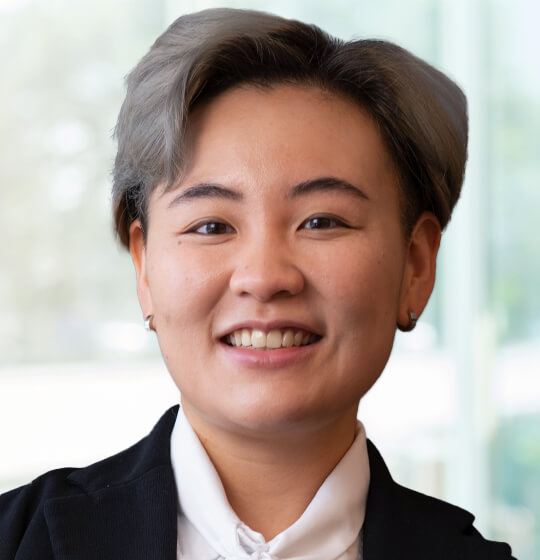Quick Hits
- Updated interview waiver criteria limits eligibility to those seeking a visa renewal in the same category and only if their most recent visa expired within twelve months prior to the application.
- Visa appointment wait times are likely to increase.
- Consulate action such as scheduling interviews for those already issued drop box appointments who may now be ineligible remains unclear.
The State Department updates followed the recent changes to U.S. Mission India’s nonimmigrant visa processing, which included application of the February 18, 2025, visa interview waiver criteria.
Eligible visa applicants under the new interview waiver criteria include those:
- applying for visa classifications under A-1, A-2, C-3 (except attendants, servants, or personal employees of accredited officials), G-1, G-2, G-3, G-4, NATO-1 through NATO-6, or TECRO E-1;
- applying for diplomatic- or official-type visas; or
- applying for a visa in the same category as a previously held visa that expired less than twelve months prior to the new application.
In addition to falling under the above-listed categories, applicants must also:
- apply in their country of nationality or residence;
- have never been refused a visa (unless such refusal was overcome or waived); and
- have no apparent or potential ineligibility.
The latest guidance also removes interview waiver eligibility for first-time H-2 visa applicants.
The State Department’s February 18, 2025, interview waiver eligibility criteria supersedes the interview waiver criteria published on December 21, 2023. Notably, the December 2023 criteria considered eligible for interview waivers those applying for a visa who were previously issued a visa in any category (except for a B-1 or B-2 visa) that expired less than forty-eight months prior to the new application.
The sudden change in eligibility has led to drop box appointment cancellations and administrative processing for some applicants who had submitted documents under the previous policy. The Bureau of Consular Affairs has not issued formal clarification on how these appointments and submissions will be treated, and each consulate may operate differently.
Key Takeaways
Stakeholders can expect longer visa appointment wait times due to the increased demand for visa interview appointments. Visa applicants may consider scheduling appointments and planning international travel well in advance. For employers, longer appointment wait times may mean a longer lead time during international new-hire onboarding, renewal processes, and business travel planning. Finally, stakeholders may want to consider cost-reduction measures, such as purchasing refundable plane tickets and other travel accommodations.
Ogletree Deakins’ Immigration Practice Group will continue to monitor developments and will publish updates on the Immigration blog as additional information becomes available.
Follow and Subscribe
LinkedIn | Instagram | Webinars | Podcasts




